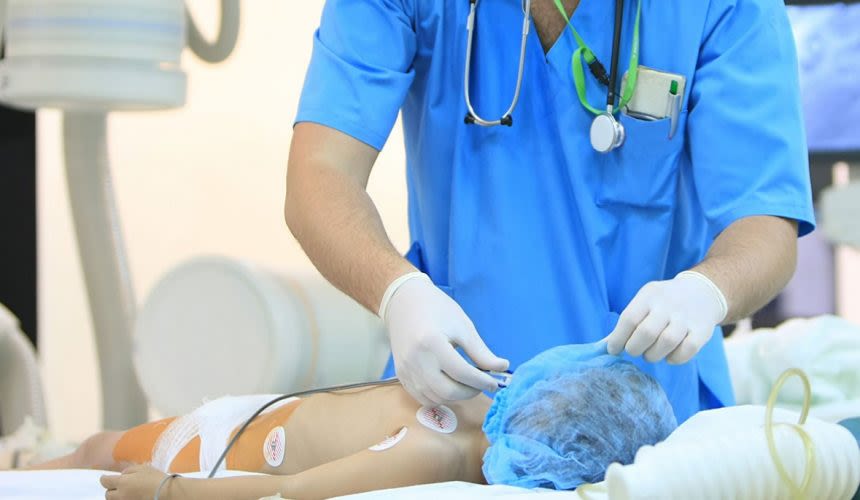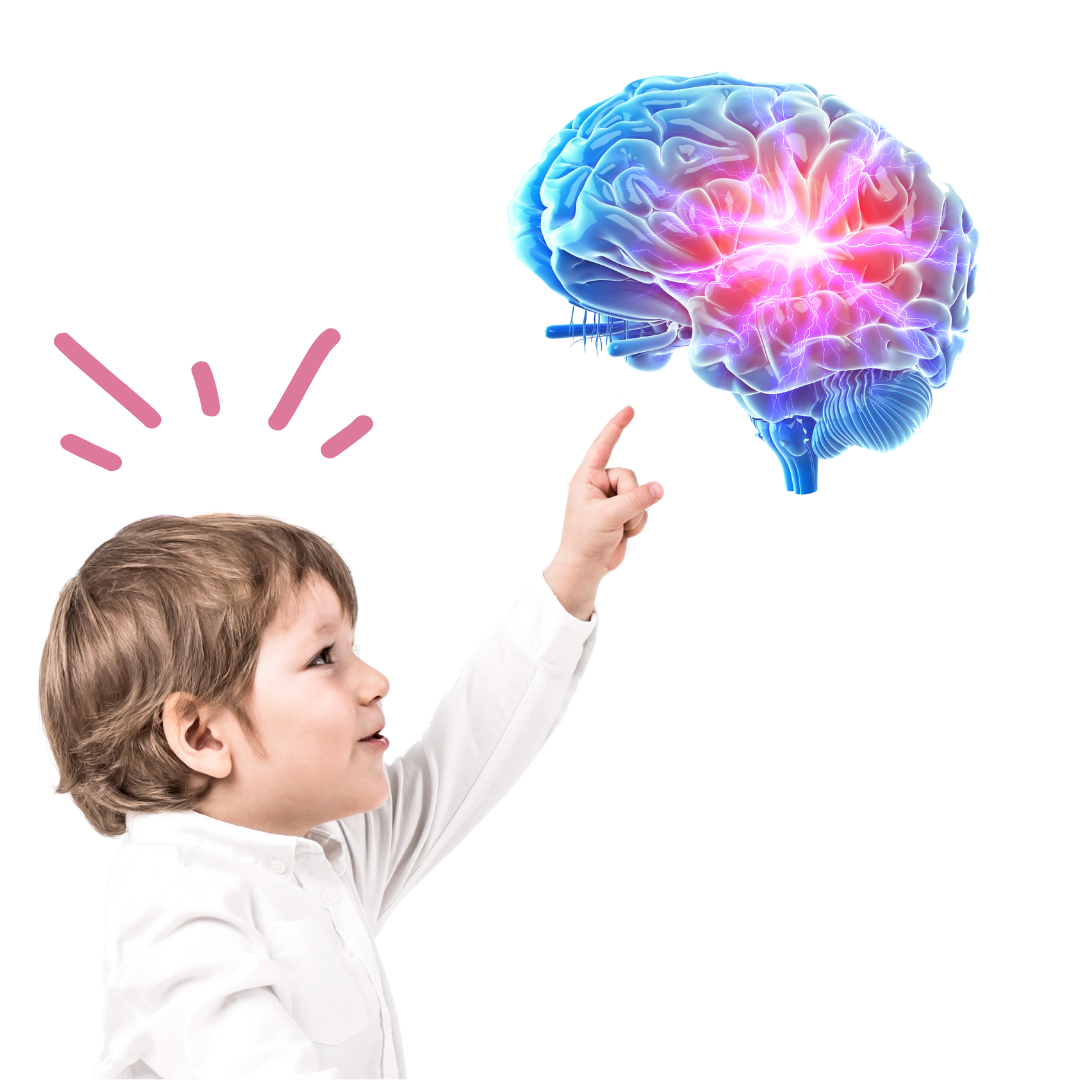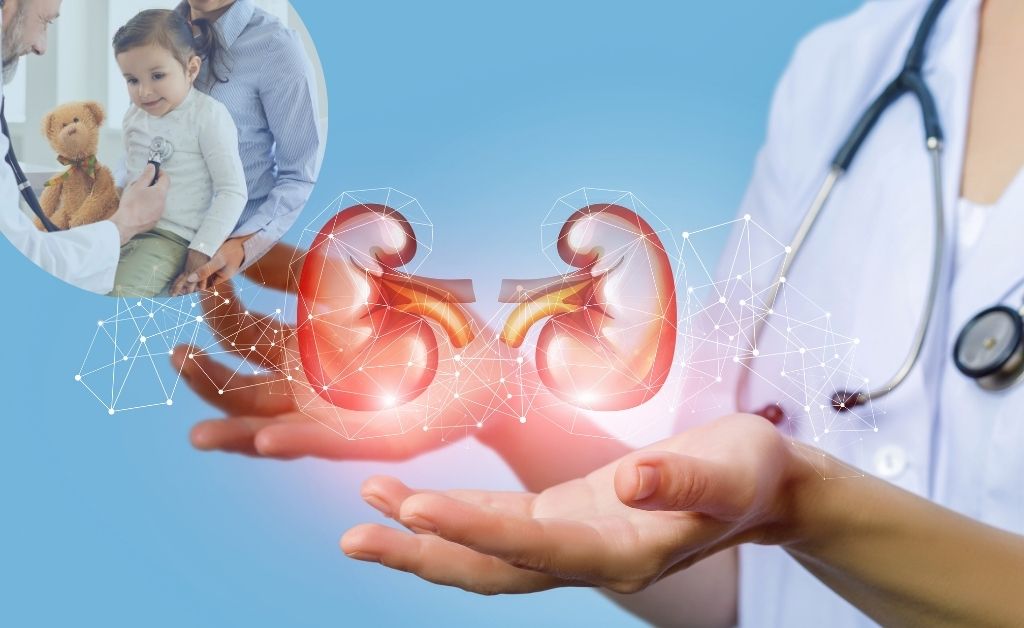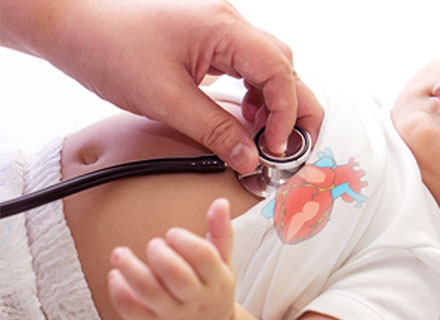Pediatric Surgery
Pediatric Surgery is a surgical specialty focused on the diagnosis, treatment, and management of surgical conditions in infants, children, and adolescents. Pediatric surgeons are specially trained to perform surgery on young patients whose bodies are still growing and developing, which often requires different techniques than adult surgery. Common Areas of Pediatric Surgery: Neonatal surgery: Surgery on newborns for congenital conditions like diaphragmatic hernia, intestinal atresia, or abdominal wall defects. Pediatric oncology surgery: Removal of tumors such as Wilms tumor, neuroblastoma, or teratomas. Gastrointestinal surgery: Treats issues like appendicitis, Hirschsprung's disease, or pyloric stenosis. Thoracic surgery: Corrects problems in the chest, like congenital lung lesions or esophageal atresia. Urologic surgery: Addresses congenital or acquired conditions of the urinary tract and genitalia (often overlaps with pediatric urology). Trauma surgery: Manages injuries from accidents or abuse. Pediatric surgeons work closely with neonatologists, pediatricians, and other specialists to ensure optimal outcomes.







